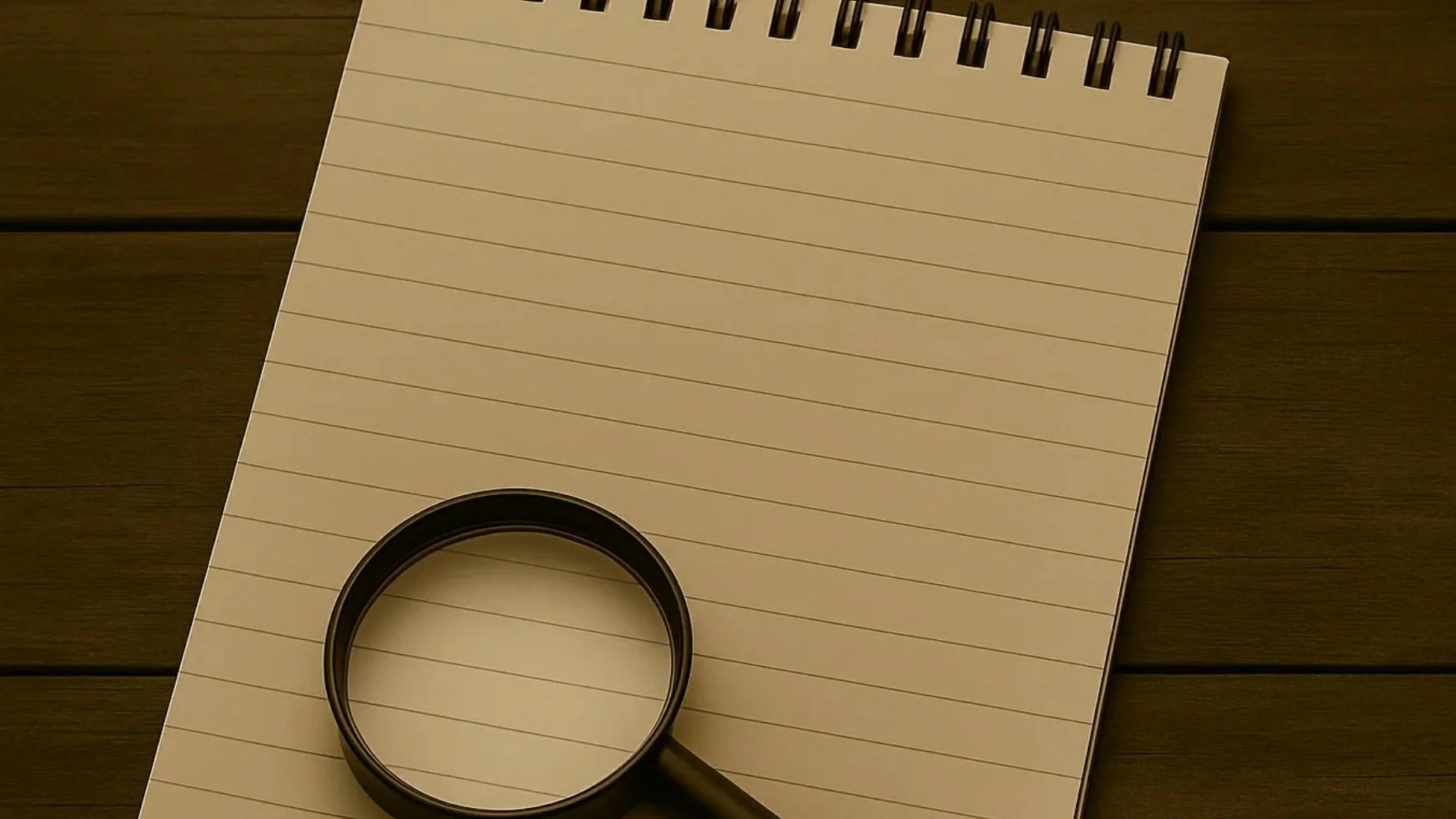
Appraisal or Valuation?
Why You Might Need One ~ and Which to Choose!
Wondering if it’s worth getting your instrument appraised or valued?
Knowing your instrument’s true value brings clarity, confidence ~ and sometimes surprise!
Depending on your situation, this may involve a professional appraisal, or
a formal valuation carried out remotely using detailed photographs or in-house following physical inspection.
Here are 23 genuine reasons why it’s worth finding out.
When an Instrument Appraisal Is Enough
Professional, informal insight — ideal for early planning, comparison, or initial decision-making. You’re simply curious about what your instrument might be worth.
You’ve inherited or found an instrument and want a basic idea of value
You’re thinking about selling and want a starting price
You’re thinking about buying and want to ensure you’re not overpaying
You’re considering restoration or repair and want to know if it’s worth it
You’d like some basic background on your instrument (maker, date, style)
You’re comparing multiple instruments to decide which to keep or invest in
You’re preparing to approach a shop or auction house and want a ballpark idea
When a Formal Instrument Valuation Is Required
-
Protect your investment.
Insurers often require a formal valuation as it provides an official record of your instrument’s current market value, condition and rarity. Ensuring accurate cover in the event of damage, theft, or loss.
-
If your instrument is lost, stolen, or damaged, a valuation acts as crucial evidence to support an insurance claim.
-
Periodic re-valuations ensure your instrument’s cover reflects its current market value, which may increase or decrease over time.
-
Valuations provide clarity when listing assets in wills or distributing them among family members.
A fair valuation can prevent disputes and simplify the legal process or calculate estate taxes.
-
Written valuations offer a neutral, professional assessment of value to help fairly divide assets in personal or legal settlements, especially if the instrument holds significant value.
-
For high-value collections or business instruments, valuations can be used in financial planning, capital gains reporting, or estate tax calculations.
Also required for charitable donations and capital gains assessment.
-
A valuation confirms the instrument’s authenticity and fair price before purchase, helping buyers avoid overpaying or buying counterfeits.
-
Having a written valuation boosts buyer confidence, justifies your asking price, and may help you sell faster or more securely.
-
Knowing your instrument’s market value helps when negotiating a fair trade-in price or upgrading to a higher-end model.
-
When using an instrument as security for a loan, an official valuation provides necessary documentation of its market value.
Lenders will often request an official valuation to verify its worth.
-
To understand the value of one’s own collection or heirlooms.
A formal valuation creates a professional record of your instrument’s value and condition at a given point in time — ideal for tracking its provenance.
-
For musicians, shops, collectors, or dealers.
Valuations help track inventory, assess depreciation, and support tax or audit requirements.
-
A professional valuation helps verify your instrument’s origin, maker, age, condition, brand, serial number if applicable and legitimacy — especially important for high value, vintage or rare models.
This is essential for resale or building an instrument’s provenance.
-
A valuation helps donors to a school, or museum, or charity document the value of a gifted instrument —
useful for transparency, tax records, or internal tracking. Particularly for rare or valuable items.
-
Valuations support funding applications by demonstrating the instrument’s importance, value, or suitability for a specific project or program.
Why it Matters:
Getting an instrument’s value wrong can cost you — We’re here to make sure that doesn’t happen!
When a Valuation Prevented a Family Fallout
After a parent passed away, a vintage guitar collection caused tension between three siblings. One thought they were worthless, one wanted to keep them, and one just wanted a fair outcome.
We were asked to formally value the instruments for probate. Our reports provided clear, professional evidence — helping the solicitor mediate and settle the matter without conflict.
The result? No legal battle. No long-term fallout. Just clarity, closure, and a fair division.
A valuation might seem small — but in moments like this, it can make all the difference.
Story based on a real client. Names withheld for privacy.
Ready to Get Started?
View our Appraisal & Valuation Services to choose the right level of support. — starting from just £15.